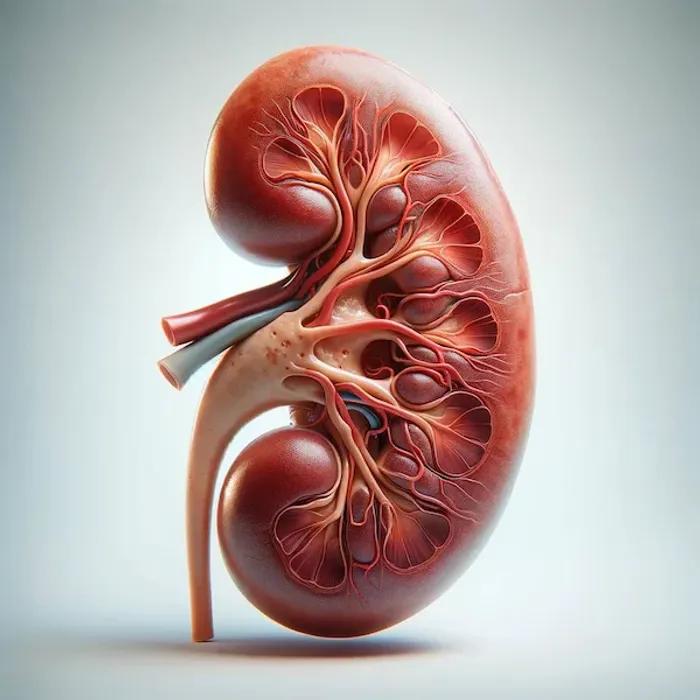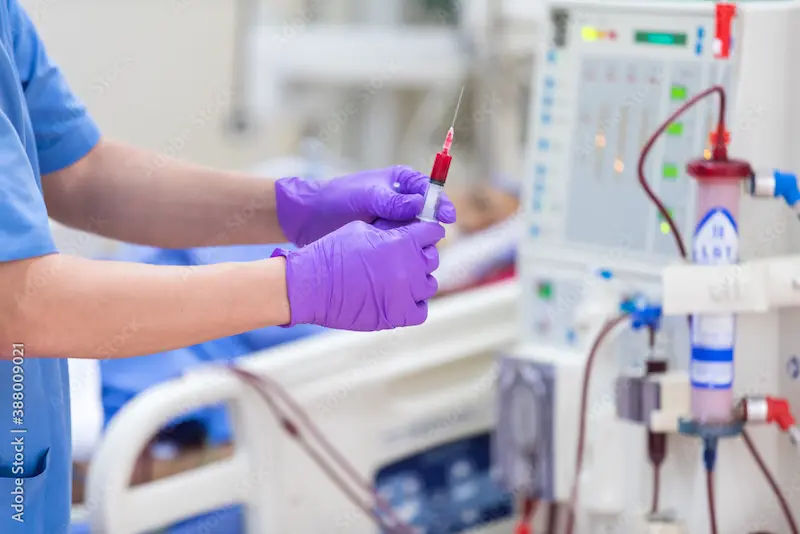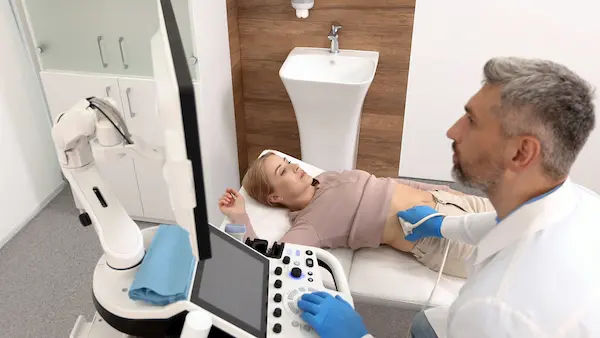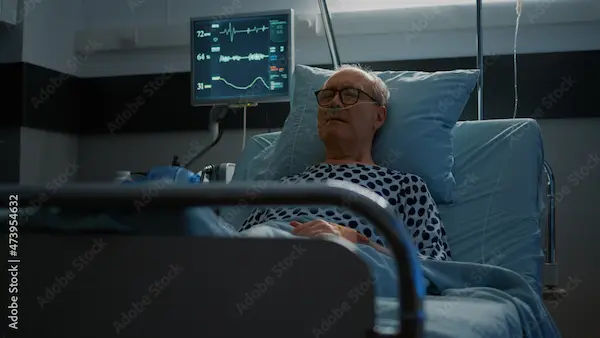Maintaining Kidney Health through Lifestyle and Diet
Discover how to maintain kidney health through balanced diet and smart lifestyle choices. Learn about common risk factors for kidney problems, key lifestyle changes to protect your kidneys, warning signs to watch for, and when it’s important to get tested.

Written by Dr. Mohammed Kamran
Reviewed by Dr. J T Hema Pratima MBBS, Fellowship in Diabetes Mellitus
Last updated on 13th Jan, 2026

Introduction
Your kidneys are vital organs that play a crucial role in keeping your body healthy. They filter waste, balance fluids, regulate blood pressure, and produce essential hormones. However, poor lifestyle choices and certain health conditions can harm your kidneys over time. The good news is that simple changes in diet and daily habits can go a long way in protecting your kidney health.
Why Kidney Health Matters
Healthy kidneys:
Filter out toxins and excess waste from your blood.
Maintain the right balance of minerals and fluids in your body.
Help control blood pressure.
Support red blood cell production.
When kidneys don’t function properly, waste builds up in the body, leading to serious health issues like chronic kidney disease (CKD), kidney stones, or even kidney failure.
Consult a Kidney specialist for the best advice
Common Risk Factors for Kidney Problems
Several factors can increase the risk of kidney damage, including:
Uncontrolled diabetes – High blood sugar harms kidney filters.
High blood pressure – Damages blood vessels in the kidneys.
Obesity – Puts extra strain on kidney function.
Smoking & excessive alcohol – Reduces blood flow to the kidneys.
High-salt & processed food diets – Increase blood pressure and kidney workload.
Dehydration – Makes it harder for kidneys to flush out toxins.
Lifestyle Changes for Healthy Kidneys
Simple changes in your daily habits can help protect your kidneys:
1. Stay Hydrated (But Not Overhydrated)
Drinking enough water helps kidneys remove waste efficiently. Aim for 6-8 glasses a day, unless your doctor advises otherwise. Too much water can also strain kidneys, so balance is key.
2. Eat a Kidney-Friendly Diet
Reduce Sodium – Too much salt raises blood pressure. Avoid processed foods, canned soups, and salty snacks.
Choose Healthy Proteins – Opt for fish, eggs, beans, and lean meats instead of red meat.
Limit Phosphorus & Potassium (if needed) – If you have kidney disease, avoid high-phosphorus foods like dairy and soda, and high-potassium foods like bananas and potatoes.
Eat More Fruits & Veggies – Apples, berries, cabbage, and cauliflower are great for kidney health.
3. Control Blood Sugar & Blood Pressure
Monitor blood sugar if you have diabetes.
Keep blood pressure below 120/80 mmHg through diet, exercise, and medication if needed.
4. Exercise Regularly
Moderate exercise (like walking, swimming, or yoga) improves circulation, helps maintain a healthy weight, and reduces kidney stress.
5. Avoid Smoking & Limit Alcohol
Smoking damages blood vessels, reducing kidney efficiency. Excessive alcohol dehydrates the body and increases blood pressure.
6. Be Cautious with Painkillers
Overusing NSAIDs (like ibuprofen) can harm kidneys. Always follow dosage instructions or ask your doctor for safer alternatives.
Warning Signs of Kidney Problems
Early kidney disease often has no symptoms, but watch for:
Swelling in legs, ankles, or face
Fatigue and weakness
Changes in urine (foamy, dark, or frequent urination)
High blood pressure
Nausea or loss of appetite
If you notice these signs, consult a doctor immediately.
When to Get Tested?
If you have diabetes, high blood pressure, or a family history of kidney disease, regular check-ups are essential. Simple tests that can help detect kidney issues early are:
Urine test (checks for protein leakage)
Blood test (measures creatinine and GFR levels)
Blood pressure monitoring
Conclusion
Your kidneys work hard for you; return the favor by taking care of them! Small changes in diet and lifestyle can make a big difference.
Consult a Kidney specialist for the best advice

Dr. Gaurav Sagar
Nephrologist
13 Years • MBBS, MD, DNB
Delhi
Apollo Hospitals Indraprastha, Delhi
(50+ Patients)

Dr. Ch. Anil Kumar
Nephrologist
6 Years • MBBS., MD., DM
Kakinada
Apollo Hospitals Surya Rao Peta, Kakinada

Dr. Ashwini Kumar Aiyangar
Nephrologist
16 Years • MBBS DNB(INT.MED) DNB(NEPH)
Secunderabad
Apollo Hospitals Secunderabad, Secunderabad
(125+ Patients)

Dr. Sanjay Maitra
Nephrologist
24 Years • MBBS, MD (Int. Med.), DM (Nephro)
Hyderabad
Apollo Hospitals Jubilee Hills, Hyderabad
(100+ Patients)

Dr. Archana Chiniwalar
Nephrologist
6 Years • MBBS, MD (Internal Medicine), DM (Nephrology)
Bengaluru
Apollo Medical Center, Marathahalli, Bengaluru

_4.webp)


